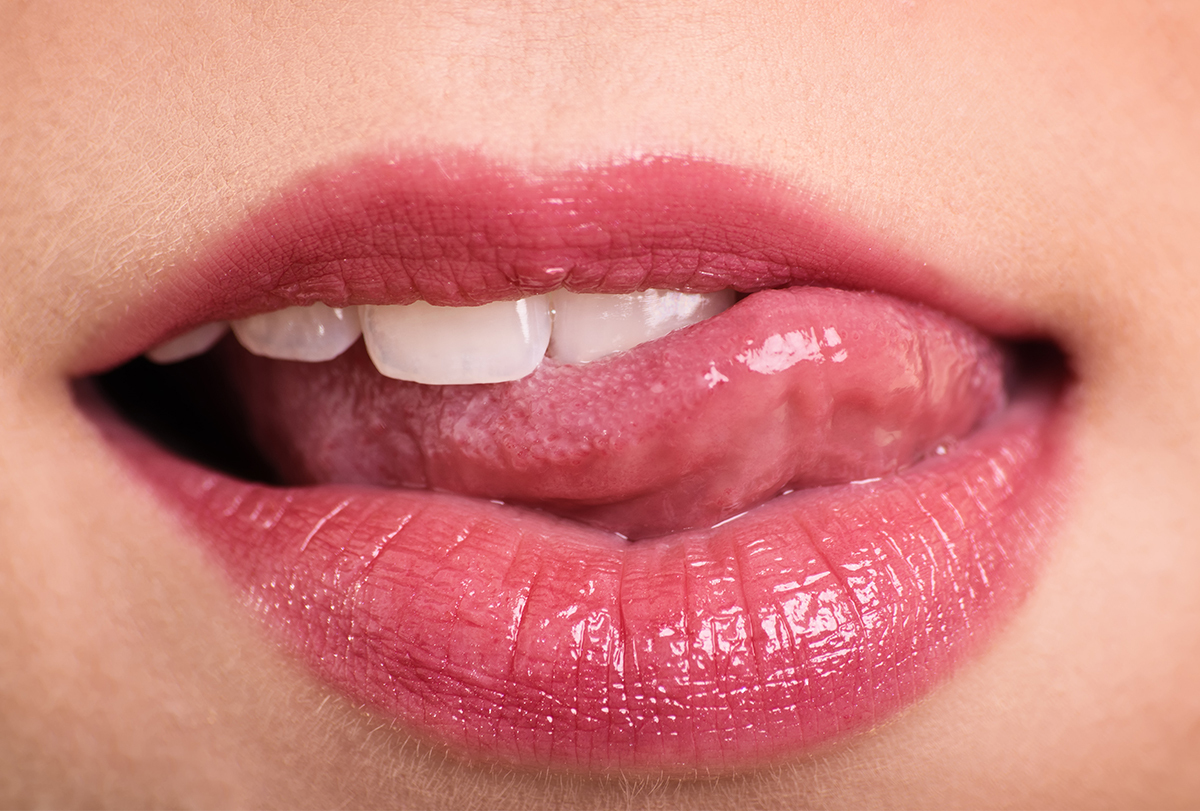
Introduction
Have you ever experienced a refreshing sensation in your mouth after brushing your teeth or chewing mint gum? That's called a minty taste in the mouth. It's a popular sensation that most people enjoy, but it can also be an indication of underlying health issues. In this article, we'll explore the causes of a minty taste in the mouth and how to manage it.
What Causes A Minty Taste In The Mouth?
A minty taste in the mouth can be caused by a variety of reasons. The most common cause is the use of mint-flavored oral products, such as toothpaste, mouthwash, and chewing gum. These products contain menthol, which gives a cooling sensation and a minty taste.

Another reason for a minty taste in the mouth is acid reflux. When stomach acid flows back up into the esophagus, it can cause a sour or bitter taste in the mouth. However, some people may experience a minty taste instead of a sour taste.
Medical Conditions That Can Cause A Minty Taste In The Mouth
A minty taste in the mouth can also be a symptom of certain medical conditions. One such condition is gastroesophageal reflux disease (GERD). GERD is a chronic digestive disorder that occurs when stomach acid or bile flows back into the esophagus, causing irritation and inflammation. This condition can cause a minty taste in the mouth in addition to other symptoms like heartburn, chest pain, and difficulty swallowing.

Another medical condition that can cause a minty taste in the mouth is liver disease. When the liver is not functioning properly, it can lead to a buildup of toxins in the body. This can cause a metallic or minty taste in the mouth.
How To Manage A Minty Taste In The Mouth
If you experience a minty taste in the mouth, there are several ways to manage it. One way is to avoid using mint-flavored oral products. Instead, try using non-mint flavored toothpaste, mouthwash, and gum.
If you have acid reflux, you can manage the minty taste by avoiding trigger foods like spicy or acidic foods. You can also raise the head of your bed by 6 to 8 inches to prevent stomach acid from flowing back up into your esophagus.
If a minty taste in the mouth is caused by a medical condition like liver disease, it's important to seek medical attention. Your doctor can help diagnose and treat the underlying condition.
Conclusion
A minty taste in the mouth can be a refreshing sensation, but it can also be a sign of underlying health issues. It's important to pay attention to any changes in your taste sensations and seek medical attention if necessary. By following the tips mentioned in this article, you can manage a minty taste in the mouth and maintain good oral and overall health.